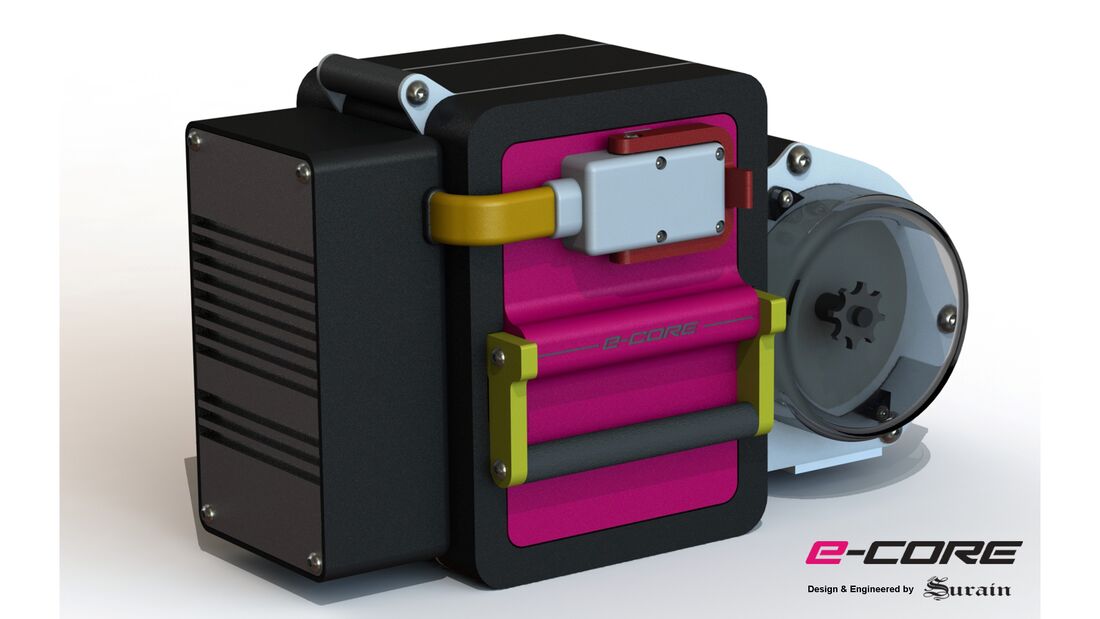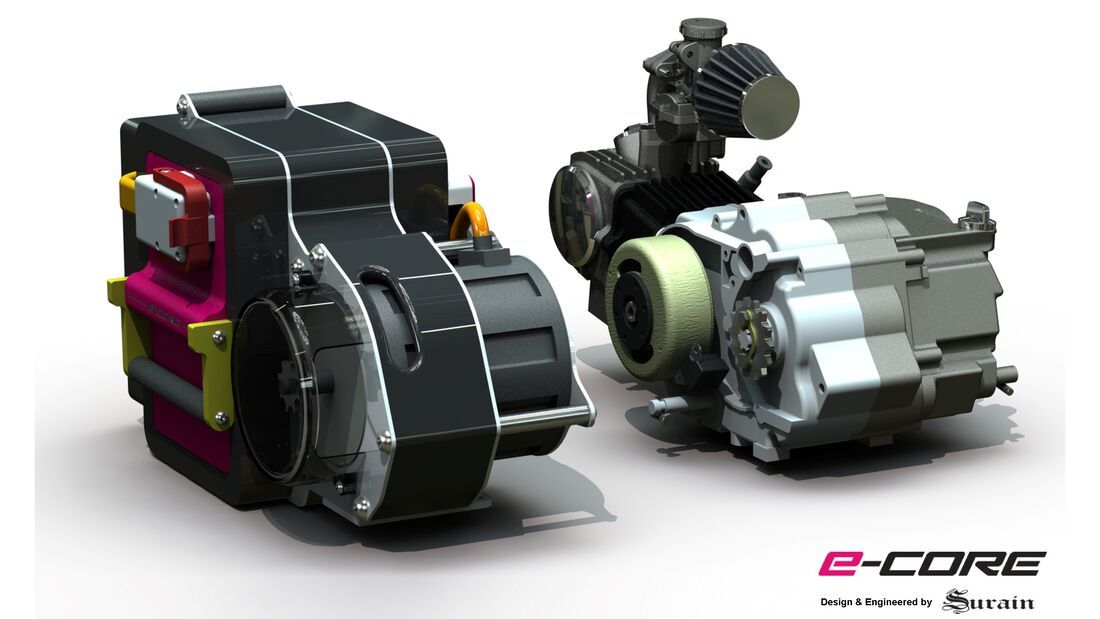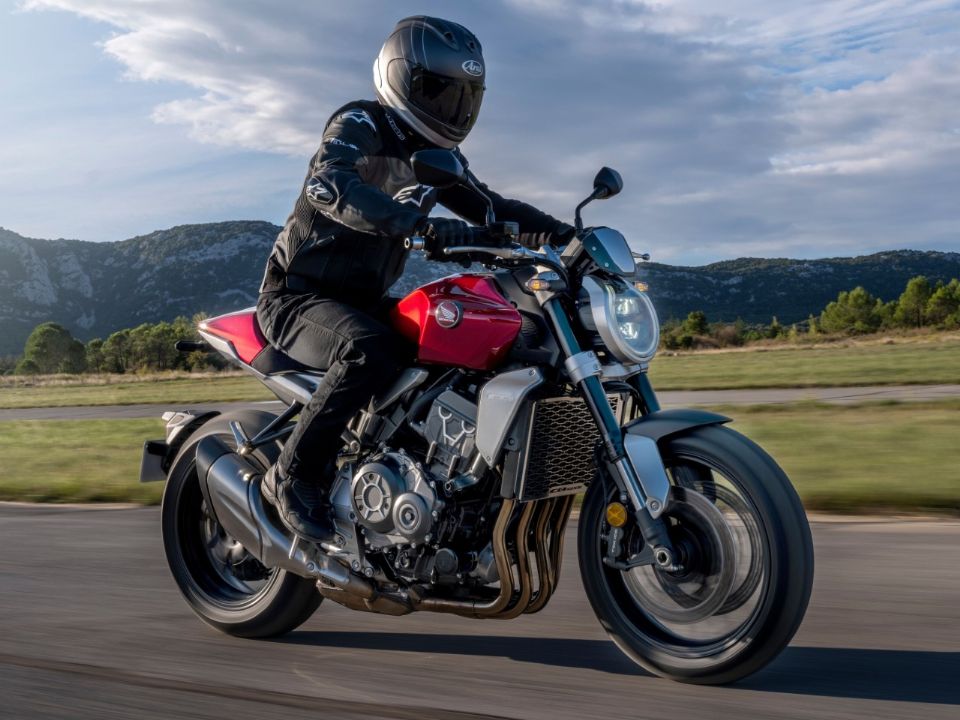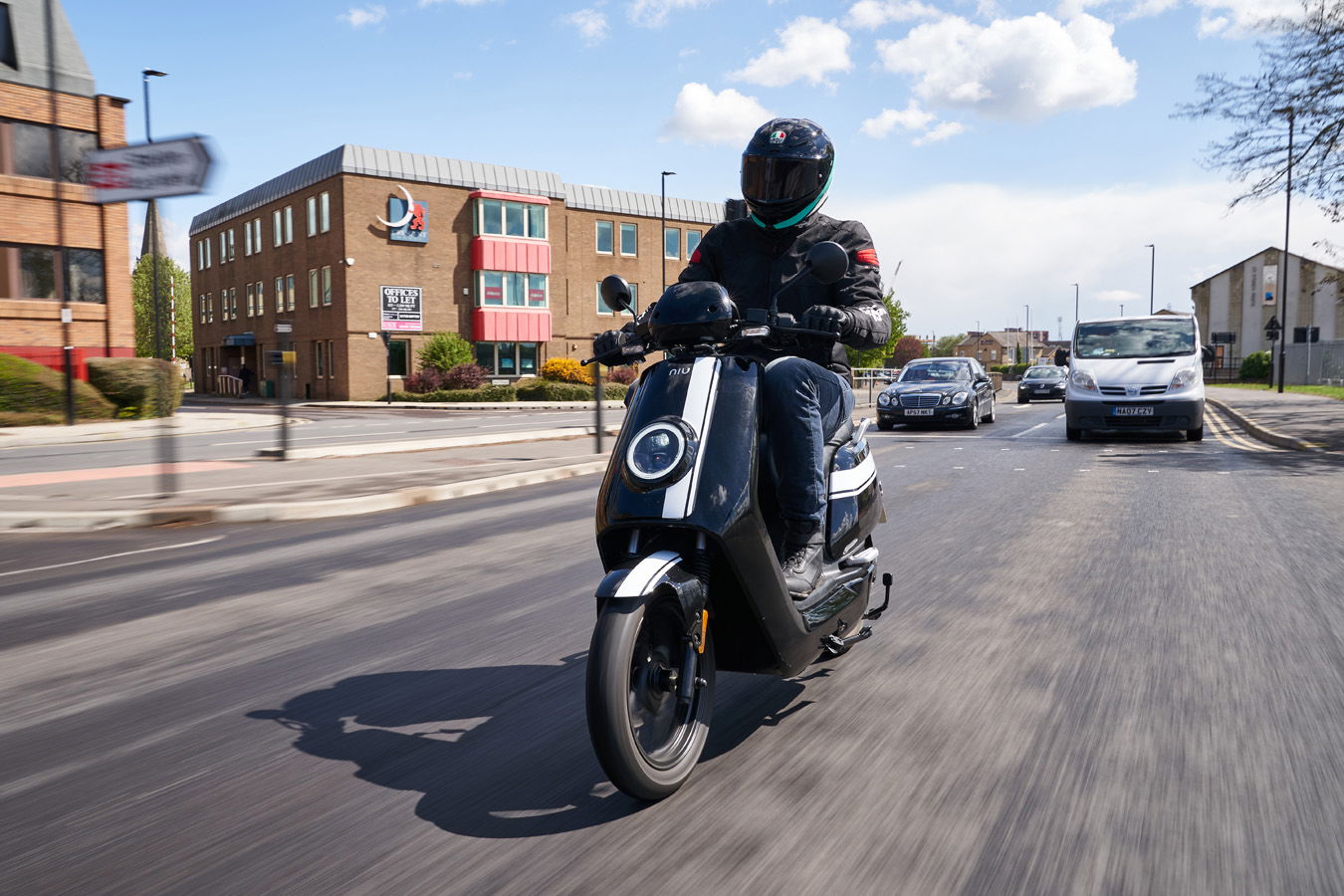E-core: The electric conversion technology from Belgium aimed at mopeds
E-core is a technology in development by a Belgian designer that would allow combustion bikes to be converted to run on electric power.

A Belgian designer is developing an electric motor for mopeds which is aimed at converting existing combustion models as well as powering future ones.
Low-power two-wheelers are becoming increasingly electrified. In these categories - up to 125cc for motorcycles and scooters - the power and range disadvantages of electrics compared to combustion bikes are less pronounced compared to larger bikes, the riders of which might wish to escape the city occasionally.

It is possible to see a future - which is in fact quite close - where the majority - perhaps even totality - of new low-power two-wheelers (up to 15-20 horsepower) are powered by an electric motor.
They are convenient, and when partly government-subsidised are financially beneficial to the owner, as well, especially in the times of £1.50 per litre of fuel apparently being an acceptable target. (Sure, fuel prices are currently on the way down at time of writing, but the overall trend is only going to continue upwards.)
The Belgian designer Benjamin Surain also envisages a future where not only all the new low-powered two-wheelers are electric, but also a lot of the old ones.
He is developing “E-core,” Motorrad reports, which is an exchangeable electric motor for which an old combustion engine could be swapped. It is aimed at mopeds, which are popular globally.

The initial version is specifically aimed at 50cc four-strokes, so between 2-3kW of power, or around 3-5 horsepower. Complicating the technology from a performance perspective is the necessity for generalisation. Such an ‘engine swap’ as E-core is intended to be needs to be implementable for mopeds across the spectrum, not just from one brand. Therefore, compromises have to be made in the design, so that its compatibility is not restricted between manufacturers and models.
Ultimately, this technology - which could also be expanded to cover larger capacity machines, and scooters and motorcycles in addition to mopeds - can allow existing combustion bikes to be ‘reincarnated’ as electrics, rather than simply being discarded and scrapped, which is arguably just as environmentally damaging as the process of powering them.
It would also in the future mean that people would not be forced to buy a new two-wheeler as their combustion one is either phased out or becomes to expensive to keep, as they could simply convert their existing one. This would, potentially, be more cost-effective.
But, on the side of the developer - in this case the aforementioned Surain - the issue of infrastructure yet again appears. In developed countries, infrastructure for electric vehicles is still not on the level required to support full electrification, and in developing countries - where mopeds and other low-power two-wheelers represent a larger proportion of the vehicles on the road - the situation is no better.
So, for Benjamin Surain’s E-core, the idea is sound. But, like all other battery-powered electric concepts and production vehicles, its potential is limited by a lack of commitment of public resources by governments.
Images courtesy of Motorrad/Benjamin Surain.







